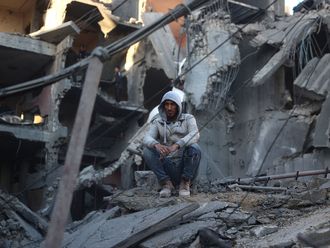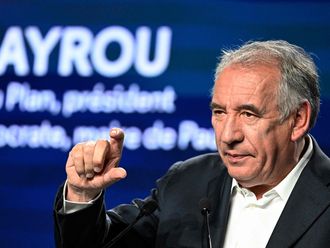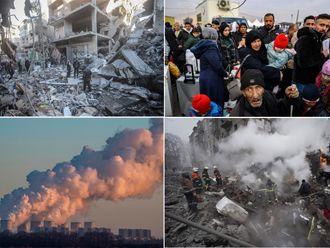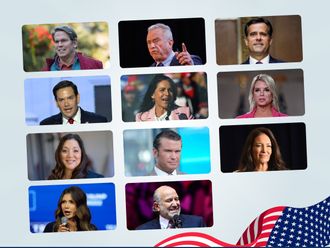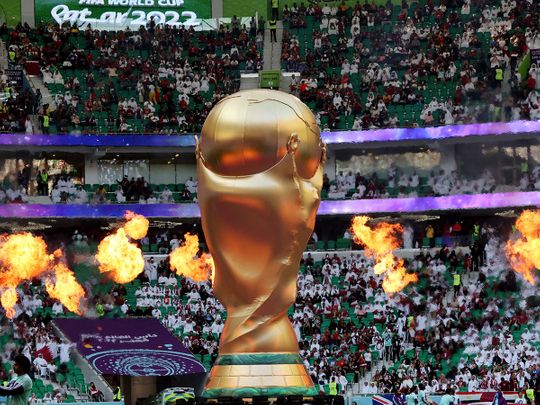
The world is coming to the Gulf to celebrate, do business, to innovate and to compete in sports, and it’s no coincidence.
There is a sense of rejuvenation across the Arab Gulf states as they are among the first to recover from the effects of the COVID-19 pandemic and restore the momentum for economic growth, diversification of national income and solidification of their status as industrial and commercial hubs.
Qatar FIFA World Cup is an historical event in so many ways. The Gulf state will be at the center of global attention for almost a month as billions of viewers will follow what is undoubtedly the biggest sporting event in the world.
Qatar spent billions, over $200 billion to be precise, to build state-of-the-art stadium, overhaul and develop its infrastructure and prepare to receive millions of visitors. FIFA expects more than 1.5 million fans from all over the world to visit Qatar by December 18.
The event will benefit the Gulf region as well. It is expected that Dubai will see an estimated 1 million additional visitors during the course of the football tournament, according to the Dubai Sports Council. Dubai has roughly 140,000 hotel rooms while Qatar has 45,000. Thousands of fans will be shuttling between Doha and Dubai during the World Cup.
The event will introduce the region to millions of visitors from across the world. Many will come again to explore this part of the Middle East, which is opening up quickly as now Saudi Arabia is spending millions to promote tourism and organize various cultural and entertainment activities.
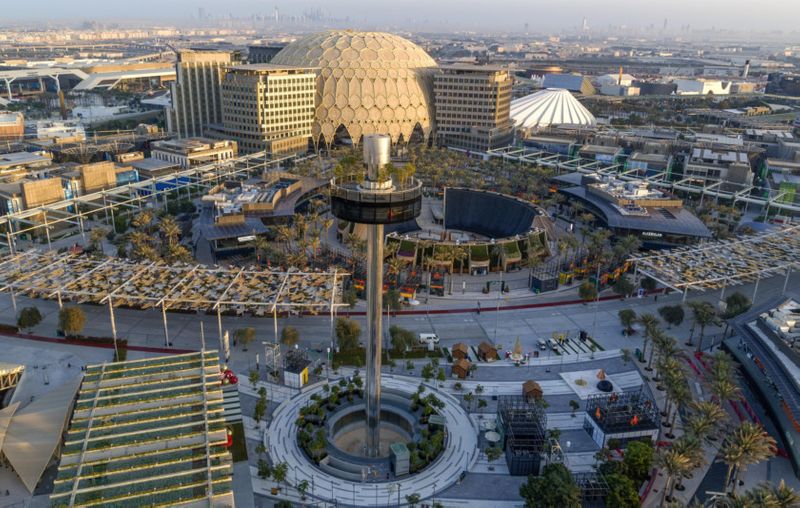
Before the Qatar event, Dubai made history as being the first Middle Eastern and Arab country to host the World Expo. Dubai Expo 2020, held in 2021 because of the pandemic lockdowns, was a major success for the UAE.
The UAE is a pioneer in holding international and regional exhibitions, cementing its stature as an economic hub and as a bridge connecting the east and west. Today Dubai operates the most important airports, seaports, exhibition centers and free zones in the entire region. Dubai airport is now the second busiest in the world.
With the opening of Saudi Arabia, the GCC’s combined real GDP is expected to grow by 6.9% in 2022, according to World Bank projections. The UAE’s GDP will grow by no less than 6 percent while Qatar’s will grow by more than 4 percent.
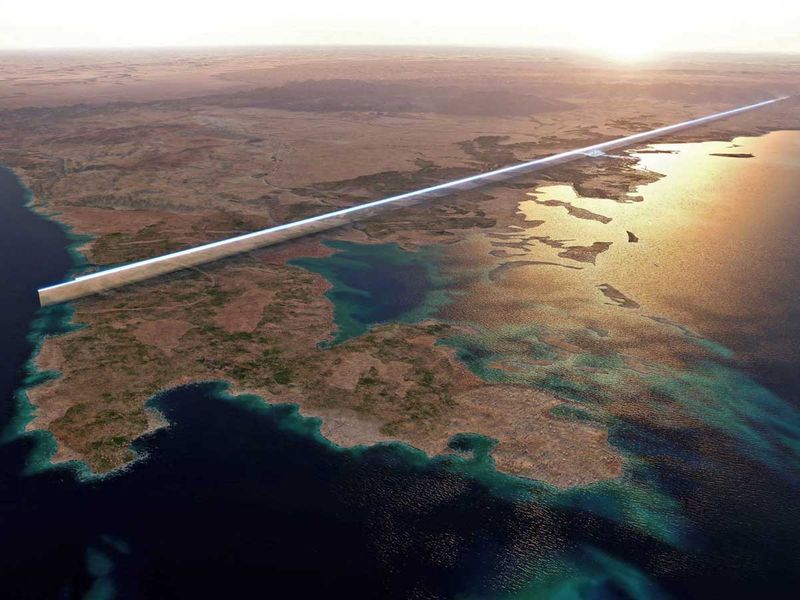
Saudi Arabia will maintain its position as the fastest growing economy among the Group of 20 countries despite the turmoil caused by rising inflation and soaring interest rates, according to the International Monetary Fund. Other GCC countries are doing well too as a result of the rise in oil prices this year.
But these countries are also working hard to diversify their economies. The UAE, the fourth largest economy in West Asia, has embarked on ambitious plans to lure investments in green energy, hi-tech and innovative solutions to hunger, climate change and others.
Saudi Arabia’s 2030 Vision is investing in education, social protection, innovation, tourism, food security, desertification and others. Other Gulf countries are moving along similar directions.
Magnet for foreign investments
The Gulf states will continue to be a magnet for foreign investments, skilled labor, tourism, trade, logistics and others. The population of the group as a whole is slated to see a sustained increase between 2016 and 2030. The UAE will see a 33 percent increase during this period, Saudi Arabia 21 percent and Kuwait 22 percent.
But there are challenges as well. The most immediate is climate change where the Gulf region and the entire Middle East stand to suffer the most as a result of global warming.
The UAE will host next year’s COP28 and that summit will prove crucial in setting deadlines and offering solutions to such a global challenge. Again the whole world will be in the UAE.
And there are no limits to the ambitions the countries of this region have. From Dubai Expo 2020 to Qatar FIFA World Cup, and now Saudi Arabia is slated to host the 2029 Asian Winter Games with a $500 billion futuristic megacity in the desert that planners say will feature a year-round winter sports complex.
Once more money and imagination have come together to achieve what for many was once unimaginable.
The world is coming to the Gulf and for sound reasons too. The entire region is seeing a renaissance the likes of which the region has not seen for centuries. The Gulf states are leaving their marks on the global economy in all fields of human activity and it is a wonderful thing to see.
Osama Al Sharif is a journalist and political commentator based in Amman.


